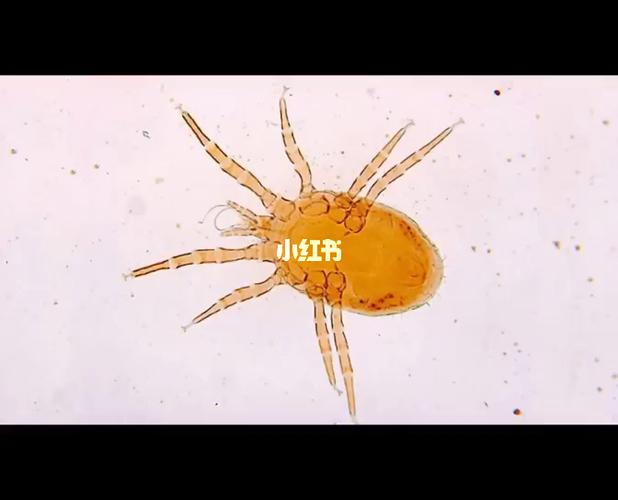
Bird Mite Bites: A Comprehensive Guide
Bird mite bites can be an unexpected and unsettling experience. These tiny parasites, often found in bird nests, can cause discomfort and irritation to humans. In this article, we will delve into the details of bird mite bites, including their causes, symptoms, treatment, and prevention methods.
Understanding Bird Mites
Bird mites are tiny, reddish-brown arachnids that are typically found in bird nests. They are parasites that feed on the blood of birds, but they can also bite humans if they are in close proximity to a bird nest. Bird mites are most active during the cooler months, as they seek warm places to survive.

Causes of Bird Mite Bites
Bird mites typically enter homes through open windows, doors, or other entry points. They can also be brought into the home on clothing, furniture, or pets. Once inside, they may seek out warm, dark places to hide, such as behind baseboards, in bedding, or in furniture crevices.
Symptoms of Bird Mite Bites
The symptoms of bird mite bites can vary from person to person. Common symptoms include:
| Symptom | Description |
|---|---|
| Itching | Itching is the most common symptom of bird mite bites. It can be mild or severe, and may persist for several days. |
| Red Bumps | Bites often leave red, itchy bumps on the skin. These bumps may appear in clusters or lines, depending on where the mites bit. |
| Swelling | In some cases, the bites may cause swelling around the affected area. |
| Scabs | After several days, the bites may crust over and form scabs. |
It’s important to note that bird mite bites are not typically associated with serious health risks, but they can be quite uncomfortable and may lead to secondary infections if scratched excessively.
Treatment of Bird Mite Bites
Most cases of bird mite bites can be treated at home with over-the-counter remedies. Here are some effective treatment options:

-
Antihistamines: Over-the-counter antihistamines can help relieve itching and reduce inflammation.
-
Topical Creams: Calamine lotion or hydrocortisone cream can help soothe the skin and reduce itching.
-
Warm Compresses: Applying a warm compress to the affected area can help alleviate itching and swelling.
-
Keep the Area Clean: Gently wash the affected area with soap and water to prevent infection.
In some cases, a healthcare professional may prescribe oral antihistamines or corticosteroids to manage severe symptoms or to treat allergic reactions.
Prevention of Bird Mite Bites
Preventing bird mite bites involves taking steps to eliminate the mites and their breeding grounds. Here are some effective prevention methods:
-
Seal Entry Points: Inspect your home for any gaps or cracks where mites could enter. Seal these areas with caulk or weather stripping.
-
Remove Bird Nests: If you have a bird nest in or near your home, remove it as soon as possible. This will eliminate the mites’ food source and nesting area.
-
Regular Cleaning: Keep your home clean and vacuum regularly, especially in areas where birds may nest or roost.
-
Wash Bedding: Wash your bedding and clothing in hot water to kill any mites that may be present.
-
Use Pest Control: If you suspect a severe infestation, consider hiring a professional pest control service to eliminate the mites.
Bird mite bites can be a nuisance, but with proper treatment and prevention measures, you can minimize your risk of encountering these parasites. By understanding the causes, symptoms, and treatment options, you





